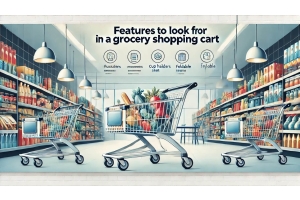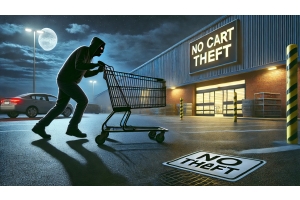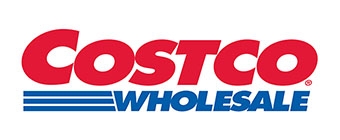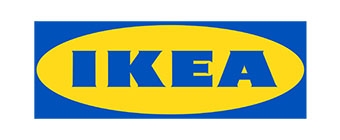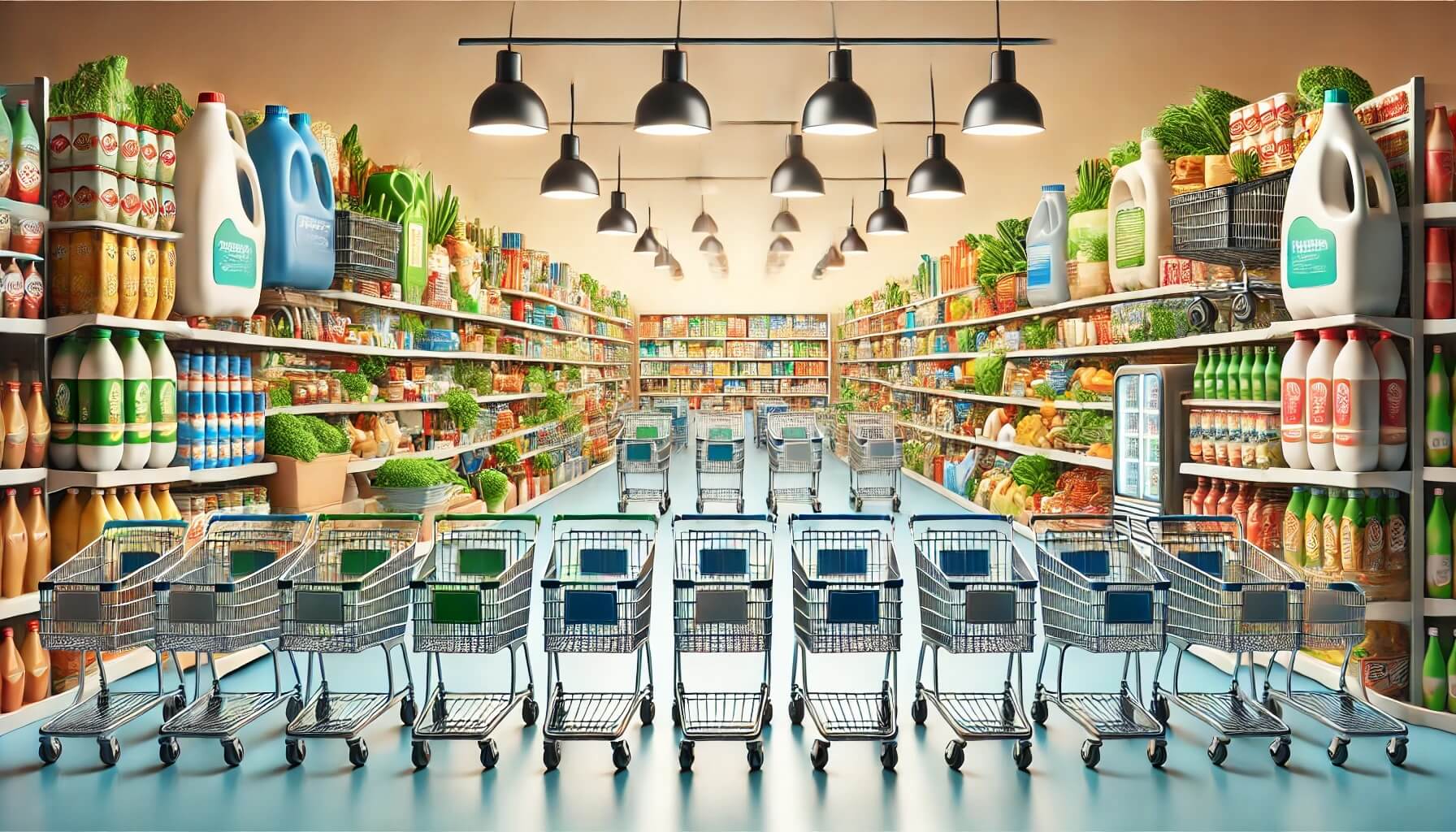
When it comes to running a successful grocery store, the shopping cart might seem like a small detail, but it plays a crucial role in enhancing the customer experience and improving store operations. Selecting the right shopping cart is essential to ensure that it aligns with your store’s size, customer preferences, and layout. Let’s take a closer look at the factors you need to consider when choosing the perfect grocery shopping cart for your store.
1. Size and Capacity
The size of the cart should correspond with the typical shopping habits of your customers. If your store is a large supermarket where customers tend to purchase many items in bulk, larger carts with a higher capacity would be more appropriate. On the other hand, smaller carts or even basket-style carts may be better suited for convenience stores or specialty grocery shops where customers make quick purchases or buy fewer items.
Considerations:
- Large carts (15,000 Cubic Inch or more) for weekly or bulk shoppers.
- Medium-sized carts (10,000-15,000 Cubic Inch) for mid-sized grocery trips.
- Small carts (10,000-15,000 Cubic Inch) or hand baskets for customers making quick trips.
2. Material
Shopping carts come in various materials, and each has its benefits. The two most common materials are metal and plastic.
- Metal Carts: These are durable and can carry heavier loads. They are ideal for stores with high traffic and larger inventories. Metal carts are robust and can withstand years of use, but they may be susceptible to rusting if used outdoors or stored in moist conditions.
- Plastic Carts: Lightweight and corrosion-resistant, plastic carts are becoming increasingly popular. They are quieter than metal carts, which can enhance the customer shopping experience, especially in stores with tight aisles. However, they may not handle as much weight as metal carts and could be prone to cracking over time.
New Options:
There are hybrid carts combining the durability of metal frames with the lightness and ease of maneuverability that plastic baskets offer. Hybrid carts provide a balance of strength and mobility, making them ideal for many store environments.
3. Maneuverability and Design
A cart’s maneuverability can significantly impact how shoppers feel while navigating your store. Carts with swivel wheels or caster wheels provide smoother handling, especially around corners and in narrow aisles. Be sure to test different models to ensure the carts roll easily without much resistance, even when full.
Design Features to Look for:
- 360-degree swivel wheels: for easier turning in compact spaces.
- Ergonomic handles: for comfortable use, especially for customers with different heights.
- Nesting design: so carts can be stacked compactly, saving storage space.
- Additional accessories: such as child seats, cup holders, or smartphone holders can enhance the shopping experience.
4. Weight Capacity and Stability
Ensuring that your carts are stable and can hold significant weight is essential. A cart tipping over due to heavy or unbalanced loads could result in accidents or damaged goods, creating a negative shopping experience. Choose a model that balances capacity with stability, ensuring a smooth and safe experience for customers.
5. Aesthetic Appeal
While function should always come first, a cart’s aesthetic should complement your store’s branding. The color, style, and overall design can contribute to a pleasant shopping experience. For instance, sleek, modern carts may resonate with high-end grocery stores, while traditional, sturdy carts may suit larger, budget-conscious stores.
Branding Tip:
- Custom-branded carts with your store’s logo or colors can help reinforce brand identity and leave a lasting impression on your customers. Carts4U offers cart customization on most shopping carts & baskets.
6. Maintenance and Durability
Shopping carts require regular maintenance to keep them in top condition. Choose carts made from materials that are easy to clean and maintain. Consider the longevity of the carts—investing in durable models may save you from having to replace them frequently.
Key Factors:
- Durability of wheels (the first part to wear out).
- Rust and corrosion resistance.
- Ease of cleaning (especially for carts used outdoors or in coastal regions).
7. Sustainability and Eco-friendliness
More and more businesses are adopting sustainable practices, and choosing eco-friendly carts is an excellent way to contribute to environmental sustainability. Carts4U now offer carts made from recycled or sustainable materials. Contact us today for more information.
Conclusion:
Choosing the right grocery shopping cart for your store is about finding the balance between function, design, and customer convenience. Consider your store’s size, layout, and customer behavior when selecting a cart. Keep in mind factors like durability, maneuverability, and aesthetics to ensure that you offer a cart that enhances the shopping experience.
Investing in high-quality, well-designed shopping carts can improve the efficiency of your store, increase customer satisfaction, and ultimately boost sales. It’s an investment that pays off in the long run for both your store and your customers. Contact Carts4U today to buy high-quality, well-designed shopping carts.

